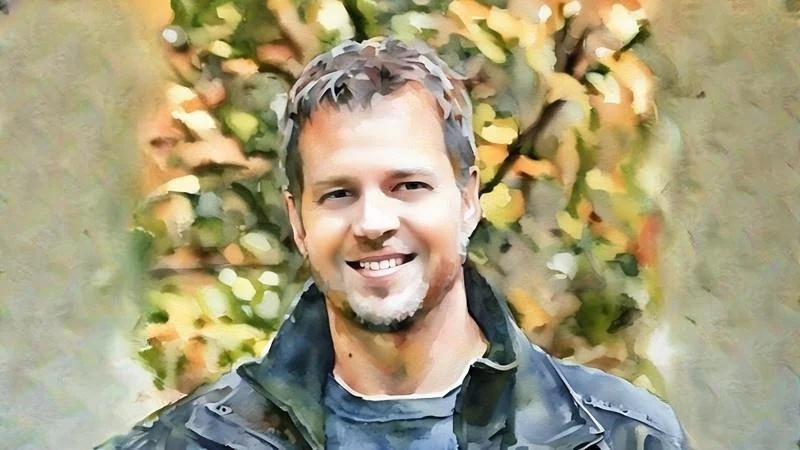Democracies are still debating how to respond to an assertive China while confronting allegations of covert influence and pressure on Taiwan. Canada’s experience shows how these efforts shape policy beyond its borders.
Dennis Molinaro, a former national security analyst and author of Under Assault: Interference and Espionage and China’s Secret War Against Canada, says the West must confront the full extent of Beijing’s long-running influence operations.
Molinaro earned his doctorate from the University of Toronto in 2015 and later served as a national security analyst and policy advisor for the Canadian federal government before returning to academia.
His childhood goals had nothing to do with intelligence work. “When I was younger, it was a police officer,” he says.
Family history later made intelligence feel personal. His grandfather “was actually involved in the Polish resistance, secretly fighting Nazis,” and his great-grandmother sheltered a Jewish boy fleeing the regime. He calls the connection “a strange trajectory that ends up coming right to your doorstep.”
Government service gave him a clearer view of modern threats. He says he tried to understand the field because “really understanding how the sausage is made… made me better as an analyst.” The experience gave him “an in-depth view on things that really kind of change your perspective.”
Writing Under Assault required significant effort, according to him. He fought for archival records, filed freedom of information requests, and interviewed activists “who were worried about their safety” and “people who really could face serious repercussions from China.”
Molinaro says that the problem is international. “This is a North American problem. It crosses Europe, Australia, Canada and the United States.” He pairs Canadian and American examples because “it’s impossible” to examine the issue otherwise.
He argues that China’s influence campaigns stretch back decades. “Xi Jinping is one president and he has amplified United Front Work Department activities,” he says, but the strategy traces back to Lenin and early PRC tactics during conflict with the nationalists and Japan.
A central episode is Canada’s 1970 recognition of the PRC. Molinaro cites declassified documents showing that security officials concluded the move “was actually a foreign malign influence operation.” The decision entrenched the One China policy and isolated Taiwan. The “Canadian formula,” he says, guided other Western governments and “almost reads identical” to how the United States later recognized Beijing.
His case study of academic Paul Lin shows how influence took shape. Lin toured Canada and Europe meeting elites. Canadian security services later assessed that “he was an agent of influence… working for the CCP.” Molinaro says Lin sought contact with officials involved in the recognition talks and reporters “were secretly trying to warn the Canadian government” about his ties.
Molinaro says many leaders ignored intelligence because they preferred a more favorable view of China. The 1990s investment rush intensified that mindset. He describes “fear of missing out” as Western businesses raced into China, allowing Beijing to lure elites while pursuing a strategy “geared towards supplanting Western hegemony.”
He says these same tactics now target Western nations. The PRC playbook was honed against Taiwan, Hong Kong, Tibet, and the Uighurs, then exported “to Australia, to the UK, to the United States, to Canada.” He describes cyber theft, human sources assisting hackers, pressure on elites, research partnerships that drain intellectual property, and transnational repression through operations such as Fox Hunt.
Accusations of racism often arise when these issues surface, but Molinaro rejects that claim. “It is primarily people within Chinese Canadian, Chinese American communities that are the ones that are primarily victimized by the CCP,” he says. “You shouldn’t have to deal with authoritarian transnational repression when you’re living in a free country.”
He hopes his book offers context for better policymaking. “People need to understand where the West has been when it comes to China,” he says. That understanding, he argues, must guide “where it needs to go,” including “security along with diplomacy,” because Western nations must protect their own interests.








